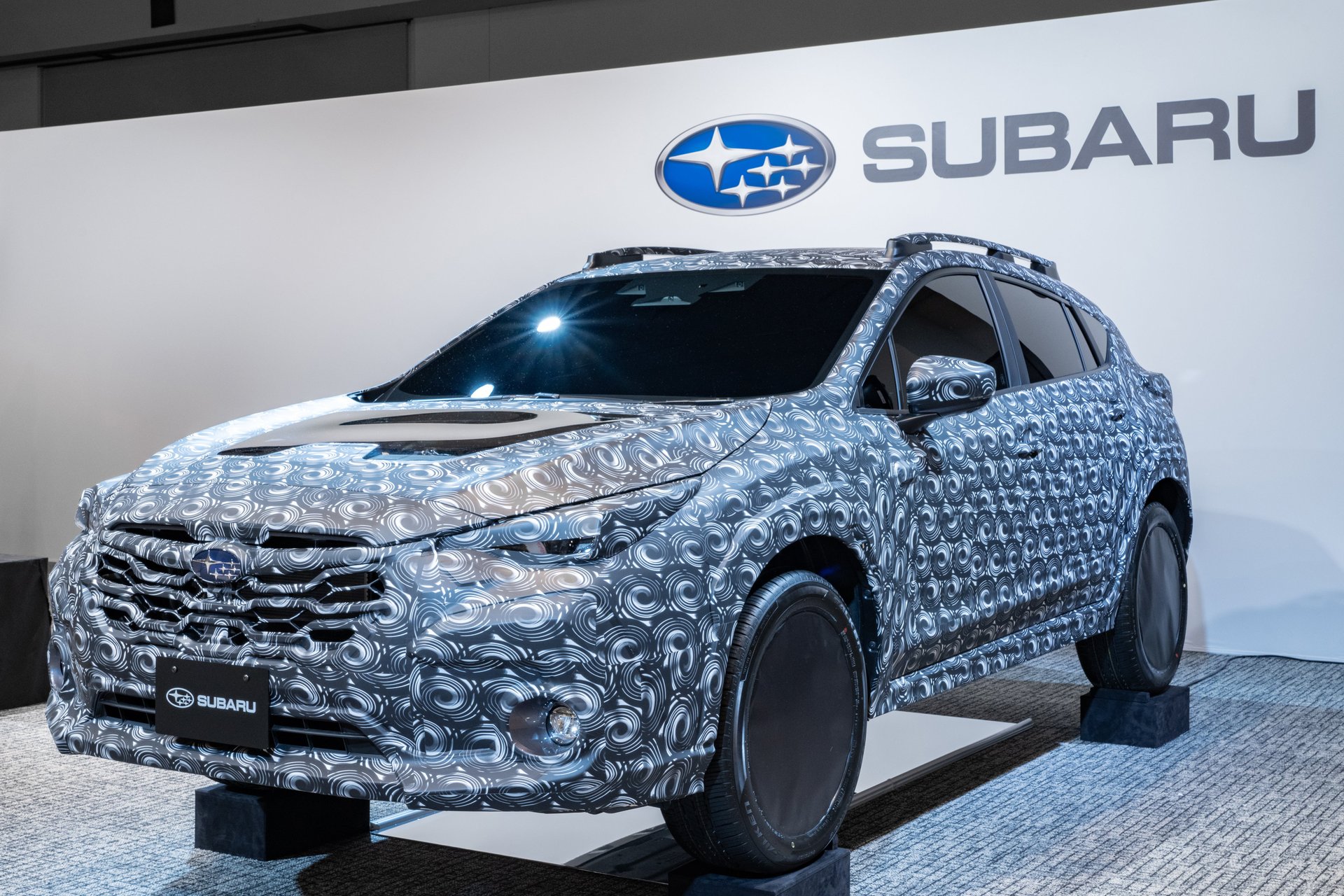Toyota and other Japanese car companies will make engines that run on carbon-neutral fuel
Toyota, Subaru, and Mazda have a "shared dedication" to carbon neutrality

A trio of Japanese automakers are leading the push to develop new engines that run on carbon-neutral fuels in the latest push from the world’s second-largest car exporter.
Suggested Reading
On Tuesday, Toyota Motor Co. was joined by Subaru Co. and Mazda Motor Co. at a rare joint press conference, where they announced plans for new, smaller engines that are compatible with fuels that it says will produce net zero carbon emissions. The new engines will be compatible with what the industry calls e-fuels made from hydrogen, carbon dioxide, and biofuels.
Related Content
Toyota, the world’s largest automaker, has adopted a multi-pathway approach to reducing carbon emissions and adopting alternatives to vehicles powered strictly by fossil fuels. The carmaker currently offers hybrid vehicles, hydrogen-powered cars, and fully electric vehicles in addition to its gas-guzzlers.
On Tuesday, Toyota CEO Koji Sato said that taking on the “challenge of evolving engines that are in tune with the energy environment of the future” is necessary to provide customers with diverse options.
Subaru and Mazda are likewise working on reducing carbon emissions without going all-in on the shift to full EVs; Toyota, which pioneered hybrids in the 1990s, has been criticized for taking a slower approach to the technology and promoting its hybrids.
The companies have a “shared dedication” to achieving carbon neutrality, according to a statement. Toyota owns minority stakes in both Mazda and Subaru.
Despite their united front, each company is taking a different approach.
Subaru is evolving its horizontally opposed boxer engine to use electrified hybrid technology. CEO Atsushi Osaki aims to deploy its next-generation system in new versions of the Crosstrek crossover SUV and the Forester SUV. Those models would bridge the company’s plans to launch eight new EVs by 2028.
Mazda will focus on improving its rotary engines to run on different carbon-neutral fuels. Executives said Tuesday the company is developing two small rotary engines that can burn different green fuels and be paired with hybrid setups, Automotive News reports.
“Achieving a carbon-neutral society is a challenge that must be undertaken by all of Japan’s industries and society as a whole,” Osaki said in a statement. “Moving forward, the three companies sharing the same aspiration will continue to advance the pursuit of sustainable excellence in Japanese car manufacturing.”